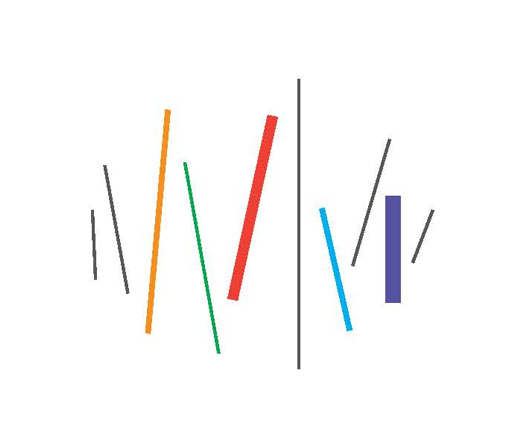Other research and professional projects
Assessment of institutional and structural determinants of application for and success at State Matura exams
About project
Project basics
- Coordinator: Institute for Social Research in Zagreb
- Financed by: Ministry of Science, Education and Youth, institutional financing
- Duration: February 2021 – ongoing
Project description
The project aims to identify whether there are systematic and persistent differences in students’ applications for and results at State Matura exams, that can be attributed to characteristics of high school, programme or place of residence, after controlling for differences in attendees’ school success achieved during compulsory elementary education.
We hypothesize that there is significant variability in applications for and results at State Matura exams with regard to students’ regional affiliation, type of school, and educational programme, which cannot be explained by the structure of the student corpus (i.e. previous school success, sex structure and age). Nevertheless, the patterns can be different in particular counties, due to the structure of secondary education, economic development and the level of investment in education.
The project uses micro-data extracted from the e-Matica database for the 2012-2019 period, including grades achieved at State Matura exams, encompassing all the students who completed the programmes enabling them to sit the State Matura exam during the 2017-2019 period. Such a study design is one of more common analytical applications of standardized national exams, and of great importance for the comprehension and development of educational systems.
We expect that the analyses carried out within this project will offer answers on the size and sources of differences in application for and success at State Matura exams, which can be attributed to institutional and structural factors. Such findings can be used in developing educational policies and interventions at the level of school, local community, programme and education system, which could be directed at reducing inequalities in students’ achievements.
Logo

